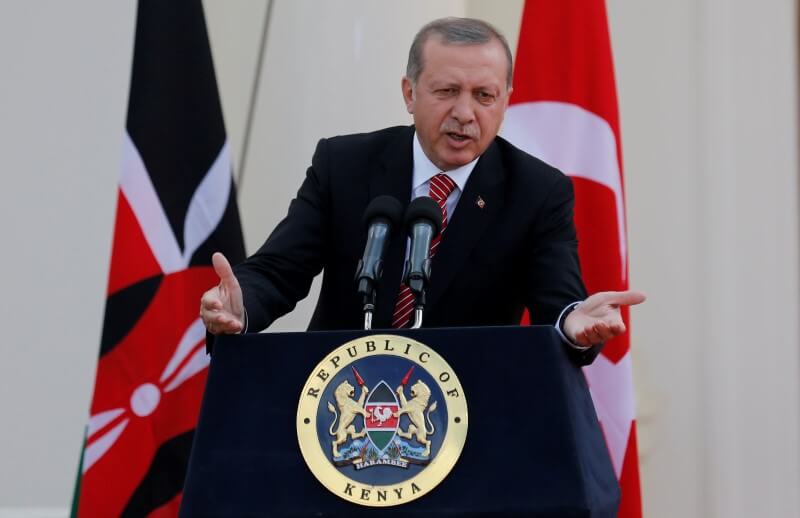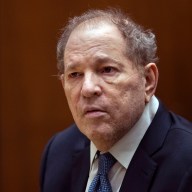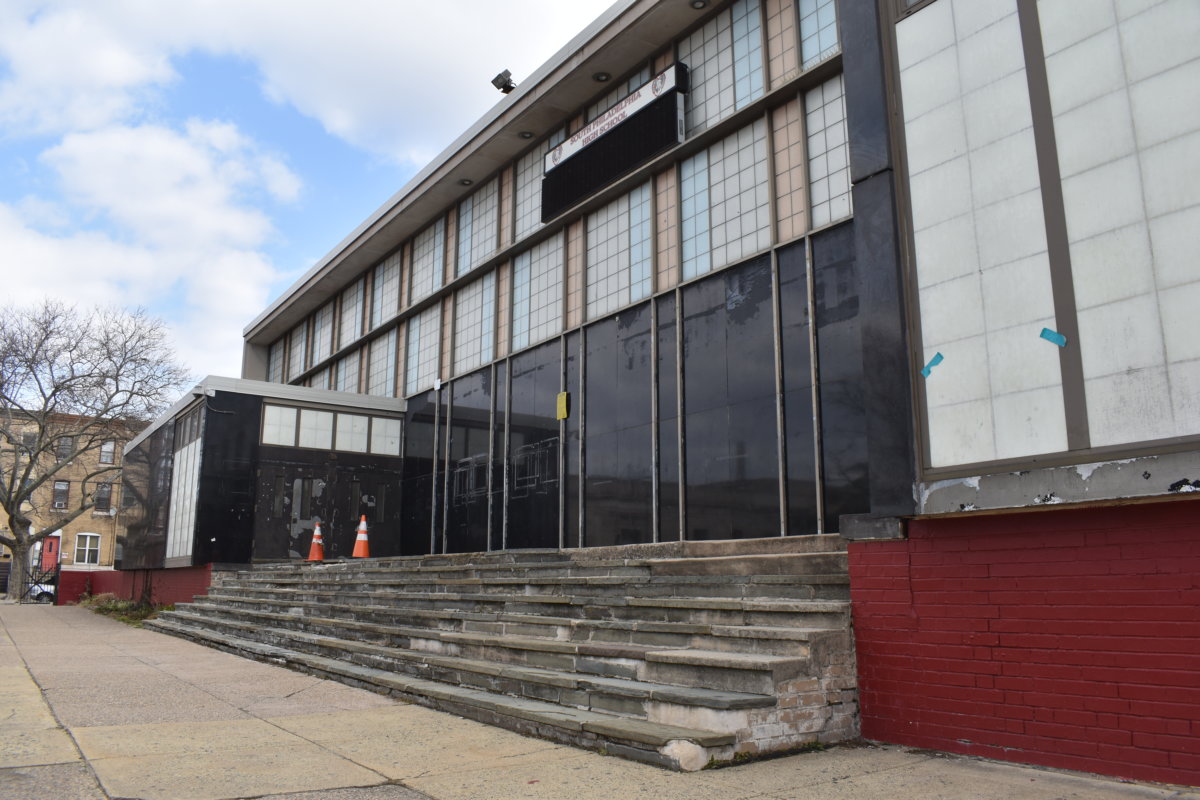By Gulsen Solaker and Ece Toksabay
ANKARA (Reuters) – Turkey’s government wants to remove hundreds of top judges and give President Tayyip Erdogan more say on appointments in a major overhaul it says will speed up courts, but opponents fear the move will undermine judicial independence. The government says the judicial review will allow it to weed out the followers of a U.S.-based Muslim cleric accused by Erdogan of attempting to topple him, and help streamline high courts bogged down by a backlog of cases.Critics say it is an attempt by Erdogan to cement control over the courts, which they say he already uses to intimidate opponents. Prosecutors have opened around 2,000 cases against people for insulting Erdogan since he became president in 2014, including journalists, cartoonists and teenagers. Under the draft law being debated in parliament, all 711 judges at two of the highest courts – the Council of State, which hears cases lodged by citizens against the government, and the Supreme Court of Appeals – will be removed. Some are expected to be reappointed, but it is unclear how many. Erdogan will then be able to appoint a quarter of the judges at the Council of State, allowing him to stack one of the country’s most important legal bodies with his allies.
“This will consolidate all power into one man’s hand,” Metin Feyzioglu, the head of Turkey’s bar association, said in a statement, describing the planned changes as dangerous. The reform will more than halve the number of judges at both the Council of State and the Supreme Court of Appeals, with most cases instead being concluded at regional appeals courts.
Deputy Prime Minister Mehmet Simsek said the aim was to end a crippling bottleneck in the court system, part of wider reforms he said were demanded by investors.
“Justice right now is slow and clearly that is an issue for the business community,” he said in an interview.
“We have this system where millions of files end up at the Supreme Court of Appeals and the Council of State, roughly 2 million files, which means justice certainly needs to be speeded up,” he told Reuters, estimating 80 percent of cases would from now on be concluded at regional courts. GULENIST INFLUENCE
Justice Minister Bekir Bozdag has said he wants to erase the influence of Islamic cleric Fethullah Gulen, a former Erdogan ally accused of using his network of followers in the judiciary and other institutions to try to overthrow the government. The cleric, who lives in self-imposed exile in Pennsylvania, denies the charges.
“It is clear that some people in the judiciary have connections with Pennsylvania,” Bozdag said late on Thursday at a meeting in parliament. “For them it’s not important to follow the constitution or law because their loyalties lie elsewhere.” Ankara considers the Gulen movement, which has millions of followers worldwide, a terrorist organization. The preacher and Erdogan had a public falling out in 2013 when police and prosecutors seen as sympathetic to Gulen opened a corruption investigation into Erdogan’s inner circle. But opponents say the fight against Gulen is an excuse for Erdogan to tighten his grip. Seven TV stations were fined on Friday for broadcasting an opposition party meeting at which supporters chanted a slogan insulting Erdogan, while the head of the DISK labor union said on Twitter she was briefly detained also on accusations of insulting the president. “The government claims to be doing this to remove names close to Gulen, but the real aim is to set up their own cadre in high courts,” said Ilhan Cihaner, a former prosecutor and a lawmaker from the main opposition Republican People’s Party. “The current changes will allow the government to oust any judge whose decisions they don’t like.”
(Additional reporting by Nick Tattersall, Orhan Coskun and Seda Sezer; Editing by David Dolan and Dominic Evans)
Turkish plan to restructure courts stokes opposition alarm

By Gulsen Solaker and Ece Toksabay


















